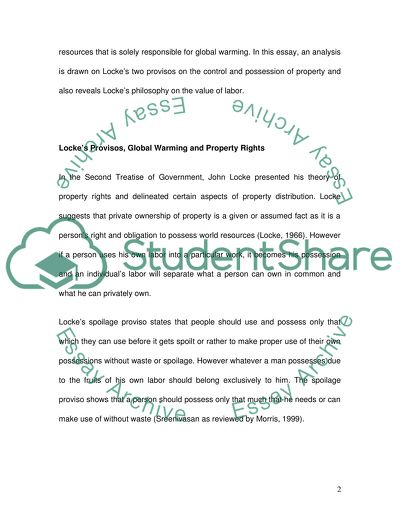Cite this document
(“Lockean Provisos Book Report/Review Example | Topics and Well Written Essays - 1500 words”, n.d.)
Lockean Provisos Book Report/Review Example | Topics and Well Written Essays - 1500 words. Retrieved from https://studentshare.org/philosophy/1500970-lockean-provisos
Lockean Provisos Book Report/Review Example | Topics and Well Written Essays - 1500 words. Retrieved from https://studentshare.org/philosophy/1500970-lockean-provisos
(Lockean Provisos Book Report/Review Example | Topics and Well Written Essays - 1500 Words)
Lockean Provisos Book Report/Review Example | Topics and Well Written Essays - 1500 Words. https://studentshare.org/philosophy/1500970-lockean-provisos.
Lockean Provisos Book Report/Review Example | Topics and Well Written Essays - 1500 Words. https://studentshare.org/philosophy/1500970-lockean-provisos.
“Lockean Provisos Book Report/Review Example | Topics and Well Written Essays - 1500 Words”, n.d. https://studentshare.org/philosophy/1500970-lockean-provisos.


